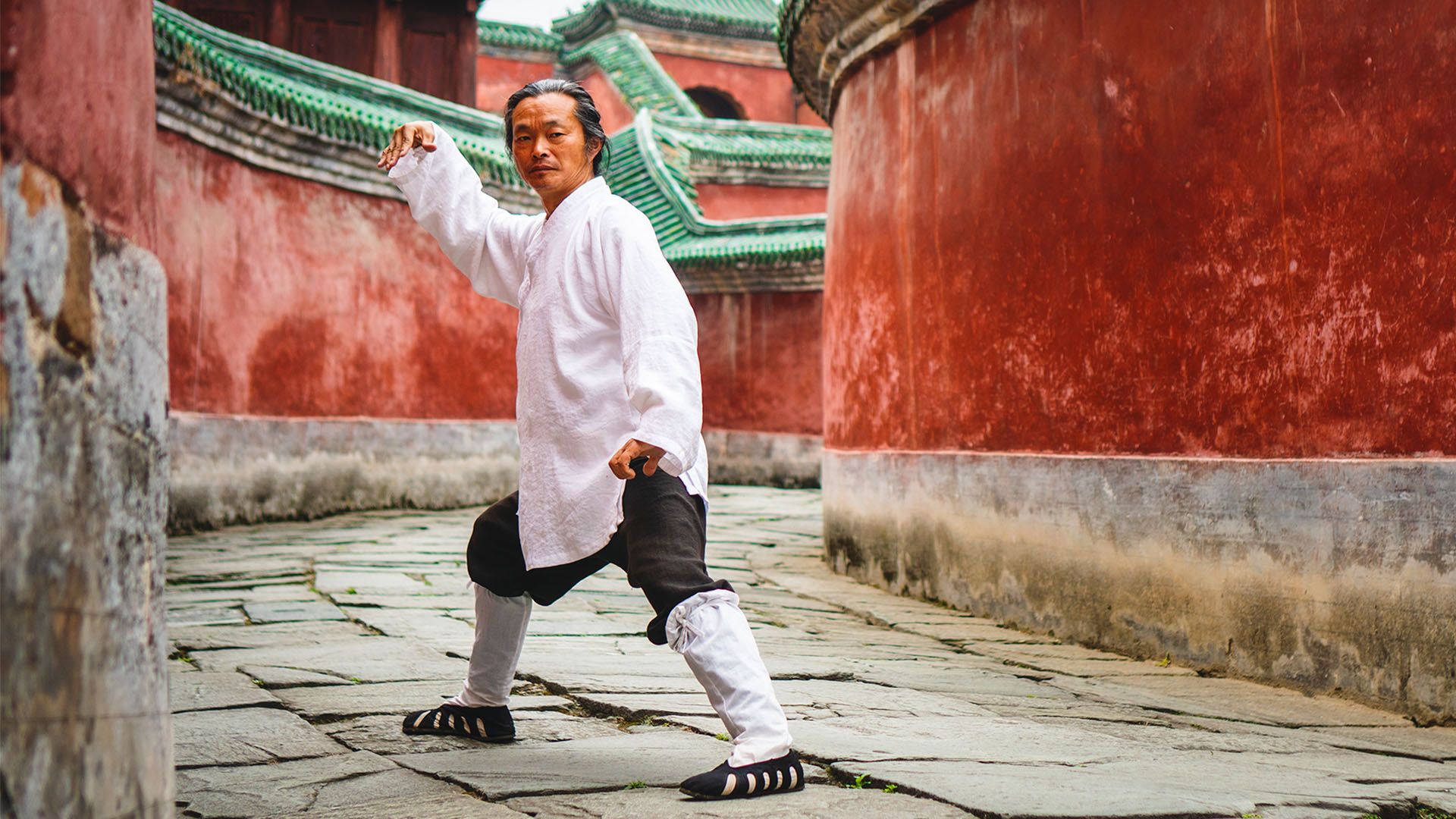What is Medical Qigong?
May 21, 2024
Many people struggle with chronic pain and seek effective alternative healing methods. Medical qigong can significantly alleviate pain and improve overall health. This comprehensive system of energy healing involves simple movements, breathing techniques, and meditation. A medical qigong practitioner uses these methods to balance the body’s vital energy. This ancient Chinese practice has roots in oriental medicine and is used to treat various conditions. For those looking for natural healing, medical qigong offers a solution. This article provides a complete guide to understanding and practicing medical qigong for health and well-being.
Table of Contents
Principles of Medical Qigong
Understanding Chi:
Chi, or "qi," refers to the life force energy in traditional Chinese medicine (TCM). This energy flows through the body's meridians, influencing physical and emotional health. Medical Qigong aims to balance and enhance chi, addressing any imbalance or blockage in the energy pathways.
Practitioners believe that stagnant chi can lead to health issues. Therefore, maintaining a smooth flow of chi is crucial for overall well-being. Medical Qigong practices involve exercises, breathing techniques, and mental focus to cultivate and regulate chi, promoting harmony within the body.
Key Techniques in Qigong Practice:
Medical Qigong practice incorporates various techniques to promote health. Breathing exercises help regulate and enhance the flow of chi. Gentle movements and postures are designed to open meridians, improving energy circulation. Mental focus and visualization play crucial roles in directing chi to specific areas of the body.
These techniques, combined with meditation, aim to remove energy blockages and restore balance. Consistent practice can lead to better physical and mental health, making Medical Qigong an effective modality within traditional Chinese medicine.
Benefits of Medical Qigong Practice
- Improves overall health by enhancing the flow of energy within the body.
- Alleviates chronic pain through gentle exercises and breathing techniques.
- Supports cancer patients by reducing stress and improving quality of life.
- Promotes self-healing by balancing the body's vital energy.
- Enhances mental well-being by reducing anxiety and stress levels.
- It boosts the immune system through regular qigong exercises.
- Increases flexibility and strength with simple movements and stretching.
- Aids in the relief of past trauma by releasing negative energy.
- Improves digestion and circulation by stimulating meridian lines.
- Assists in managing chronic illnesses and diseases through consistent practice.
The Role of a Medical Qigong Practitioner
A medical qigong practitioner uses techniques to balance and enhance a patient's vital energy. They are trained to assess energy blockages and apply qigong exercises tailored to the individual's needs. These practitioners work to alleviate pain, improve overall health, and support natural healing. Their level of training allows them to integrate qigong with other therapeutic modalities, such as acupuncture and herbal medicine.
Comparing Medical Qigong and Acupuncture
Medical Qigong and acupuncture, both forms of Chinese medicine, offer alternative healing methods. Medical Qigong involves simple movements, breathing exercises, and meditation to enhance the flow of energy within the body. Acupuncture uses acupuncture needles to stimulate specific points on meridian lines. Medical Qigong treatment focuses on exercises to help self-healing and overall health.
Acupuncture treatment, on the other hand, directly alleviates pain and chronic conditions. Both practices aim to balance vital energy, promoting health and well-being. While a medical qigong practitioner uses movement and breath, an acupuncturist employs needles for therapeutic effects.
Conclusion
Medical Qigong, a form of TCM, combines breathing exercises, simple movements, and meditation to enhance the body's energy. This ancient Chinese practice promotes self-healing and overall health. It alleviates chronic pain and balances the flow of energy within. Practitioners of medical qigong and acupuncturists both aim to improve well-being, though their methods differ. Medical Qigong treatment focuses on the body's natural healing abilities, making it an effective alternative healing method. Considering its benefits, do you think Medical Qigong could be beneficial for your health and well-being?
FAQs
1. How does Medical Qigong differ from regular Qigong?
Medical Qigong is specifically tailored for therapeutic purposes, while regular Qigong focuses on general health and well-being.
2. What conditions can Medical Qigong treat?
Medical Qigong can help with chronic pain, stress, anxiety, and other health conditions by balancing the body's energy.
3. Is Medical Qigong effective for cancer patients?
Studies suggest that Medical Qigong can improve quality of life and reduce symptoms like fatigue in cancer patients
4. Can Medical Qigong be combined with other treatments?
Yes, it complements other treatments such as acupuncture and herbal medicine, enhancing overall therapeutic outcomes.
5. Do you need a medical practitioner to practice Medical Qigong?
A trained Medical Qigong practitioner is recommended to ensure correct techniques and personalized treatments.







